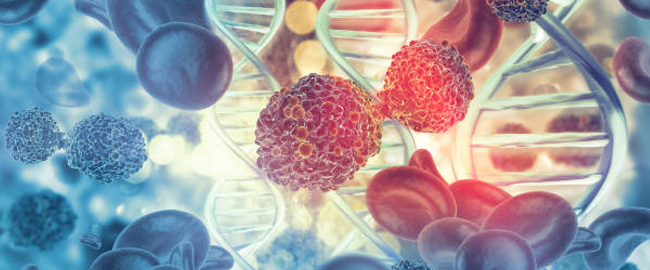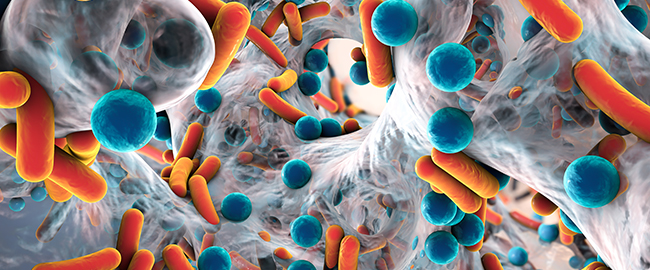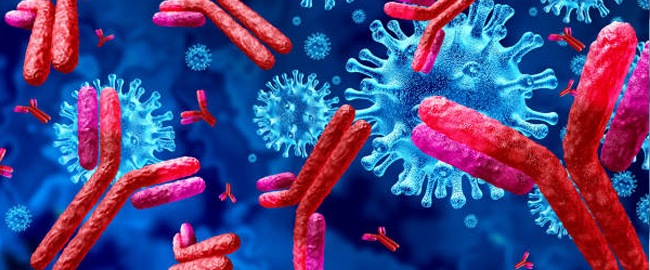About the Center for Discovery & Innovation
The CDI was established to take advantage of the extensive clinical assets of one of the region’s largest and most comprehensive health care systems. As an academic accelerator, the CDI represents a unique translational ecosystem to integrate academic scientists with clinicians as well as small and large companies with the objective of taking innovative science and moving it rapidly into clinical settings to improve patient outcomes. Collaborations distinguish CDI including its interest in partnering with innovative life science companies - some of which will be located on site in state-of-the-art research and development (R&D) lab and office space. This highly integrated network includes the strong partnerships of researchers, physicians and health care professionals at Hackensack Meridian Health’s 17 network hospitals as well as the faculty and medical students of the School of Medicine located on campus. Other partners are HMH’s John Theurer Cancer Center, the National Cancer Institute-designated Georgetown Lombardi Comprehensive Cancer Center, and the New York Genome Center which provide access to thousands of patients and greatly expand CDI’s impact. CDI Translational Ecosystem accelerates science application for patients by developing tests, treatments, and preventions for unmet clinical needs. This involves CDI scientific teams collaborating with experienced medical professionals and researching specific diseases in-depth, in order to introduce more effective mechanisms for improving clinical outcomes and thereby alter or redefine existing standards of care. CDI translational-science model is driven by a combination of incentive-based systems that have improved patient outcomes as a key metric. It is agile and dynamic to rapidly address novel challenges. The principal outcome is disease intervention and/or prevention, often resulting in a change in standard-of-care, which may involve development of a marketable drug, vaccine or diagnostic.
Our Mission
Our mission is to develop and rapidly translate innovations in biomedical sciences to better prevent and treat life-threatening diseases.
Our Vision
Our vision is to be a proven leader in the innovative application of discovery science to improve human health for people with cancer, infectious diseases, behavioral health and other disabling and chronic conditions.
Our Research Focus Areas

Cancer: Hematologic malignancies & solid tumors
Diving into the mechanisms of cancer, how it develops and evolves, and what new treatments could extend and save lives.

Infectious Diseases: High threat bacterial, fungal, and viral infections
Better understanding, and treating, pathogens and germs which cause disease, from those with pandemic potential to opportunistic infections.

Immunology: Cell-based and other immunotherapies
Discovering new horizons for cancer treatments and better vaccines,and better understanding T cell biology

Behavioral and Neurocognitive Health
Assessing genetic and epigenetic changes which impact the brain, behavior, and disease
Our Site
The 116-acre campus is located on the former site of Hoffman La Roche in Clifton and Nutley, N.J., and the CDI resides at the former home of the Roche Institute of Molecular Biology, “The Birthplace of Interferon,” which was a renowned global center for medical innovation from the 1960s to the 1990s. The CDI continues and extends this legacy as a life sciences hub devoted to science innovation, medical education, and biotechnology development. The site also includes the Hackensack Meridian School of Medicine, the North American headquarters for Eisai Inc., and the regional hub for Quest Diagnostics.
CDI Brochures
- CDI Brochure (PDF)
- Translational Profile Brochure (PDF)
